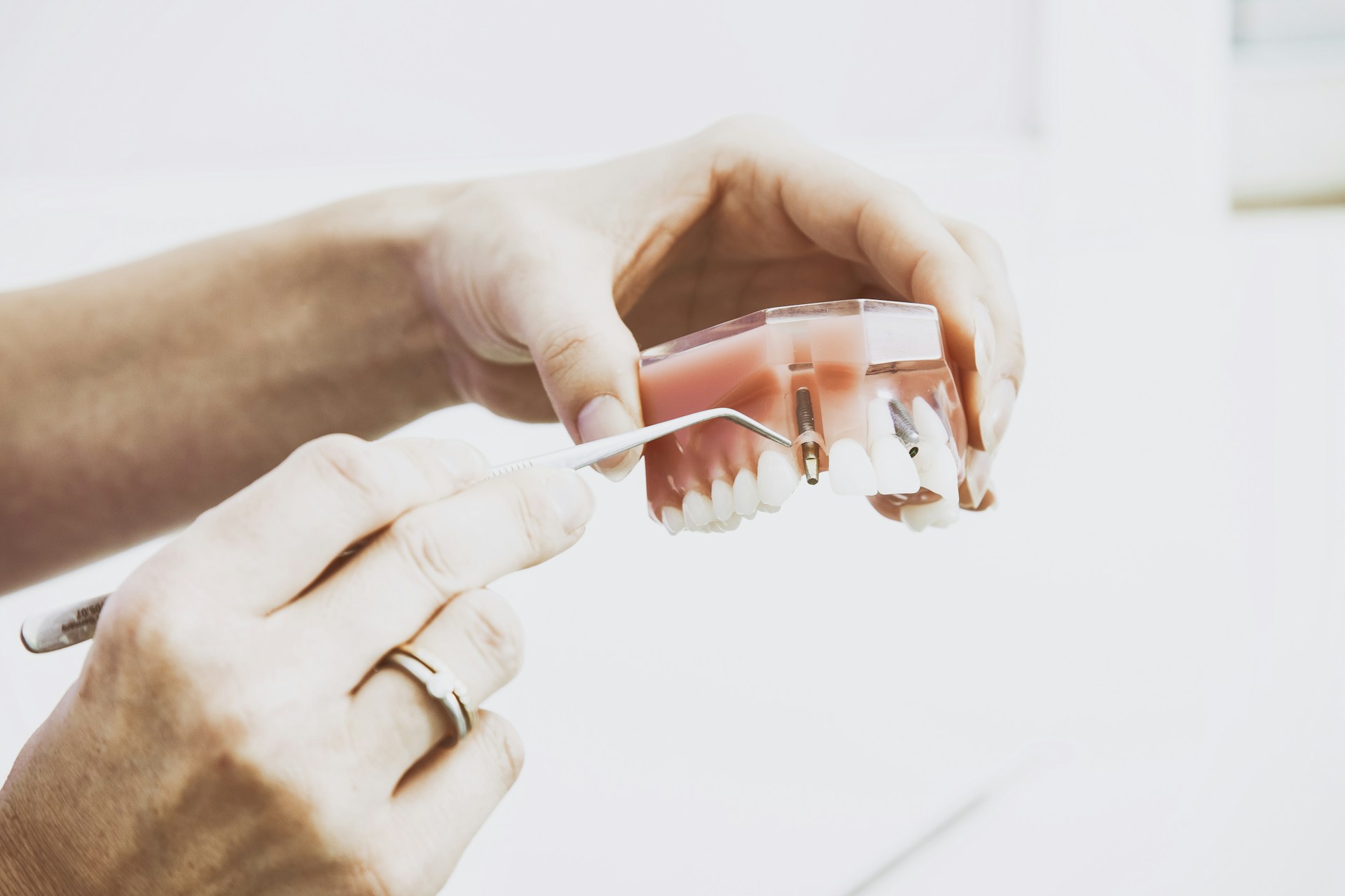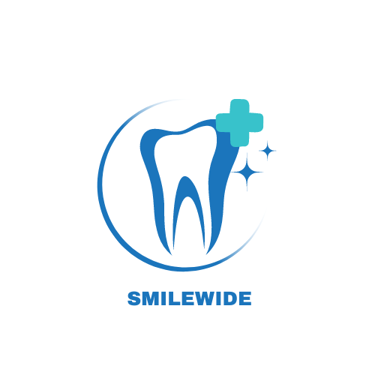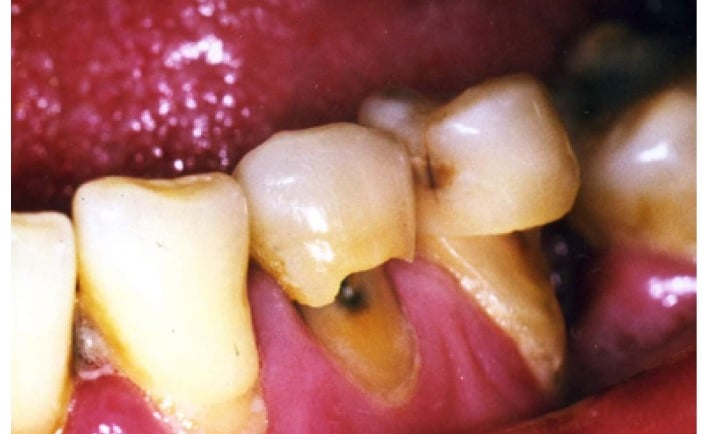SMILE- It costs nothing !!!
Understanding Dental Abrasion: Causes & Treatments
Explore the causes of dental abrasion and learn effective treatments. Discover what dental abrasion is and how to prevent it for better oral health.Learn preventive methods.
2/27/20252 min read
Dental Abrasion
Dental abrasion is the gradual wearing away of tooth enamel due to mechanical forces other than chewing.
This condition can make your teeth more sensitive and prone to cavities over time.
Unlike dental attrition, which results from natural tooth-to-tooth contact, dental abrasion is primarily caused by external factors.
Causes of Abrasion Teeth
Several habits and external factors contribute to abrasion dental issues, including:
Aggressive Brushing – Using a hard-bristled toothbrush or applying excessive pressure can erode enamel.
Abrasive Toothpaste – Some whitening or charcoal-based toothpastes contain rough particles that accelerate enamel loss.
Frequent Use of Toothpicks – Overuse of toothpicks can create small grooves in the teeth, leading to enamel damage.
Biting Hard Objects – Chewing on nails, pens, or other hard items can wear down enamel over time.
Acidic Diet – Acidic foods and drinks weaken enamel, making it more susceptible to abrasion.
Abfraction vs Abrasion: Key Differences
Understanding the difference between abfraction vs abrasion is crucial for proper diagnosis and treatment.
Abfraction: This occurs due to excessive stress on the teeth, usually from bruxism (teeth grinding) or an improper bite. It leads to wedge-shaped notches at the gum line.
Abrasion: This is caused by external mechanical factors like brushing too hard or using abrasive toothpaste. It often appears as a general wearing down of enamel.
Symptoms of Dental Abrasion
Increased tooth sensitivity, especially to hot, cold, or sweet foods.
Visible loss of enamel, particularly near the gum line.
Rough or sharp edges on teeth.
Discoloration due to dentin exposure.
Increased risk of cavities and tooth decay.
Prevention and Treatment of Abrasion Dental Issues
Prevention Tips
✅ Use a Soft-Bristled Toothbrush – Gentle brushing reduces the risk of enamel damage.
✅ Switch to Non-Abrasive Toothpaste – Fluoride toothpaste with low abrasiveness protects enamel.
✅ Modify Brushing Technique – Use circular motions rather than aggressive horizontal strokes.
✅ Limit Acidic Foods – Reduce the consumption of citrus, soda, and vinegar-based foods.
✅ Avoid Hard Objects – Stop habits like nail-biting or using teeth as tools.
✅ Wear a Mouthguard – If you grind your teeth at night, a custom mouthguard can prevent additional wear.
Treatment Options
🔹 Fluoride Treatments – Strengthens enamel and reduces sensitivity.
🔹 Dental Bonding – Composite resin can fill in eroded areas and protect exposed dentin.
🔹 Veneers or Crowns – In severe cases, veneers or crowns can restore the tooth’s structure.
🔹 Correcting Dental Appliances – Ensuring dentures or retainers fit properly can minimize friction-related damage.
Dental abrasion is a preventable condition that can significantly impact your oral health if left untreated.
By following a gentle oral hygiene routine and seeking timely dental interventions, you can protect your abrasion teeth and maintain a healthy smile for years to come.

Contact Smiles
drdeepi15@gmail.com
Dr. Deepika B.D.S
© 2025 SmileWide Dental. All Rights Reserved.
Have doubts ..?


